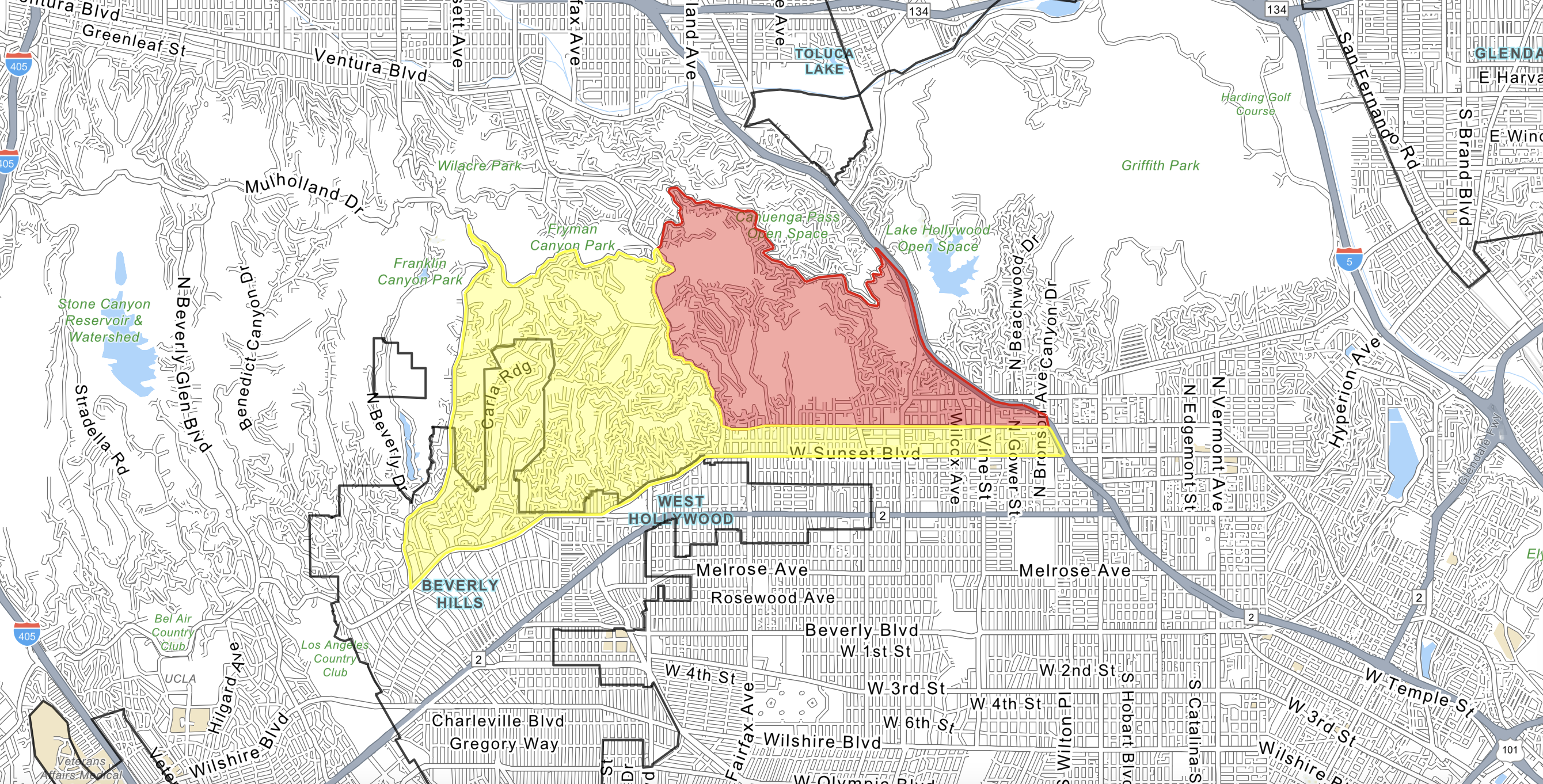The World Health Organization (WHO) released a statement on Tuesday following reports of an outbreak of human metapneumovirus (HMPV) in China.
In the statement, it called elevated levels of HMPV and similar viruses in the northern hemisphere "expected at this time of year" and "not unusual."
Reports on social media and in news outlets have ignited fears of a potential HMPV outbreak in China that was said to be overwhelming hospitals and that a state of emergency had been, or would be, announced.
However, the WHO's statement discredited those reports, saying: "WHO is in contact with Chinese health officials and has not received any reports of unusual outbreak patterns.
"Chinese authorities report that the health care system is not overwhelmed and there have been no emergency declarations or responses triggered."
It is true that rates of HMPV have been rising in China recently, WHO said this was not out of the ordinary for this time of year.
"HMPV is a common respiratory virus found to circulate in many countries in winter through to spring," the statement said.
"China's reported levels of acute respiratory infections, including HMPV, are within the expected range for the winter season with no unusual outbreak patterns reported."

Data from the Chinese Center for Disease Control and Prevention at the end of 2024 suggested that rates of HMPV are rising in line with other similar illnesses, and behind influenza.
"While some cases can be hospitalized with bronchitis or pneumonia, most people infected with HMPV have mild upper respiratory symptoms similar to the common cold and recover after a few days," the WHO statement said.
WHO said that rates of flu-like illnesses such as influenza and HMPV are elevated across the northern hemisphere, as is to be expected during winter months.
"WHO recommends that individuals in areas where it is winter take normal precautions to prevent the spread and reduce risks posed by respiratory pathogens, especially to the most vulnerable," the statement said. "People with mild symptoms should stay home to avoid infecting other people and rest.
"People at high risk or with complicated or severe symptoms should seek medical care as soon as possible."
The statement advised mask-wearing in crowded or poorly ventilated spaces, covering coughs and sneezes with a tissue or bent elbow, washing hands regularly and getting any recommended vaccines.
The U.S. Centers for Disease Control and Prevention (CDC) previously told Newsweek that reports of HMPV in China were "not currently a cause for concern in the U.S."
HMPV is a flu-like respiratory illness that usually causes coughing, a fever, a runny or stuffy nose and shortness of breath.
It is one of the viruses responsible for the common cold, but can cause more serious symptoms among young children, elderly adults or individuals with underlying medical conditions that affect the immune system or lungs.
There is no specific treatment and no available vaccine for HMPV, so preventive measures are important to limit infections.
Is there a health problem that's worrying you? Do you have a question about HMPV? Let us know via health@newsweek.com. We can ask experts for advice and your story could be featured in Newsweek.




















 English (US) ·
English (US) ·